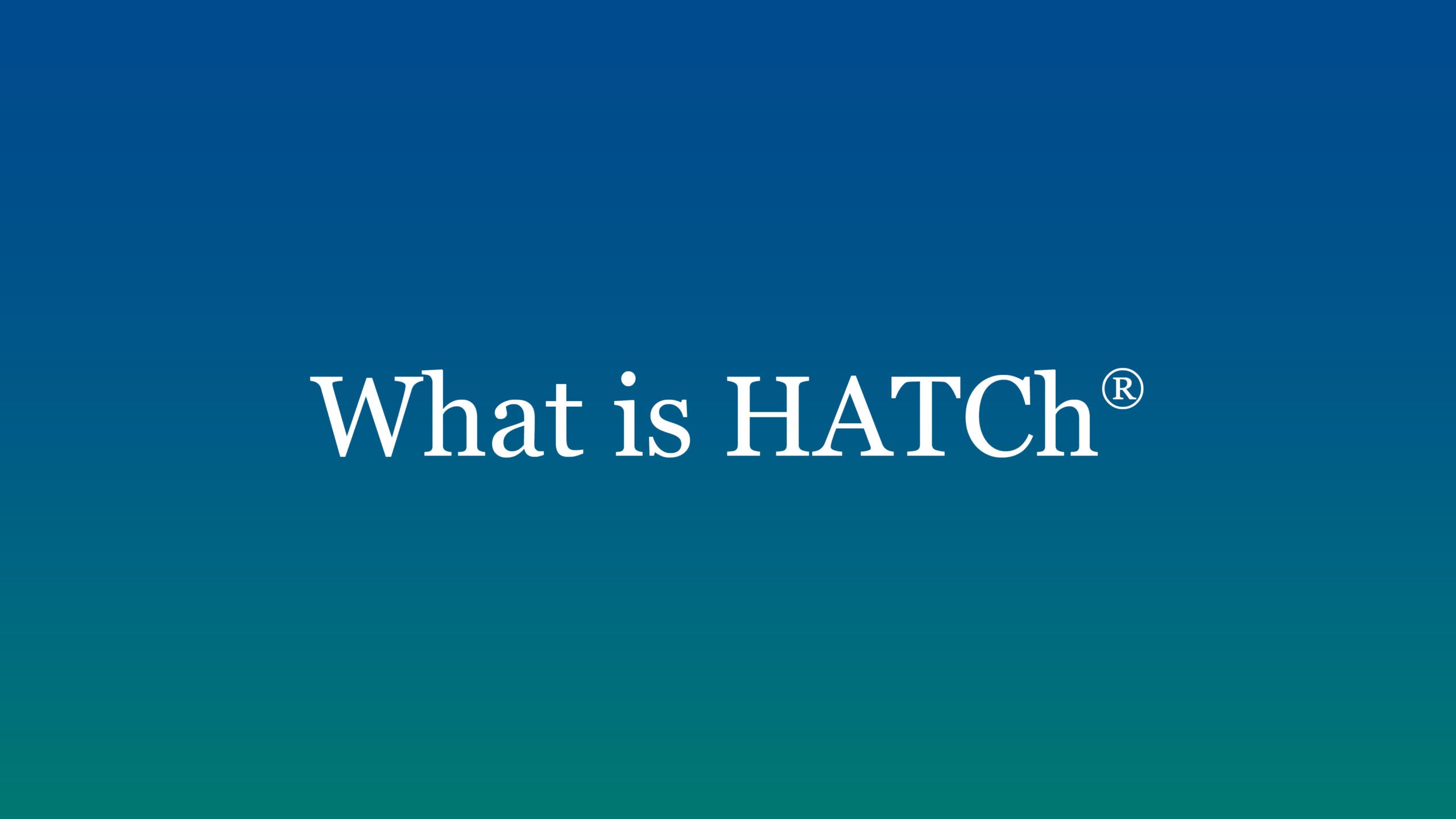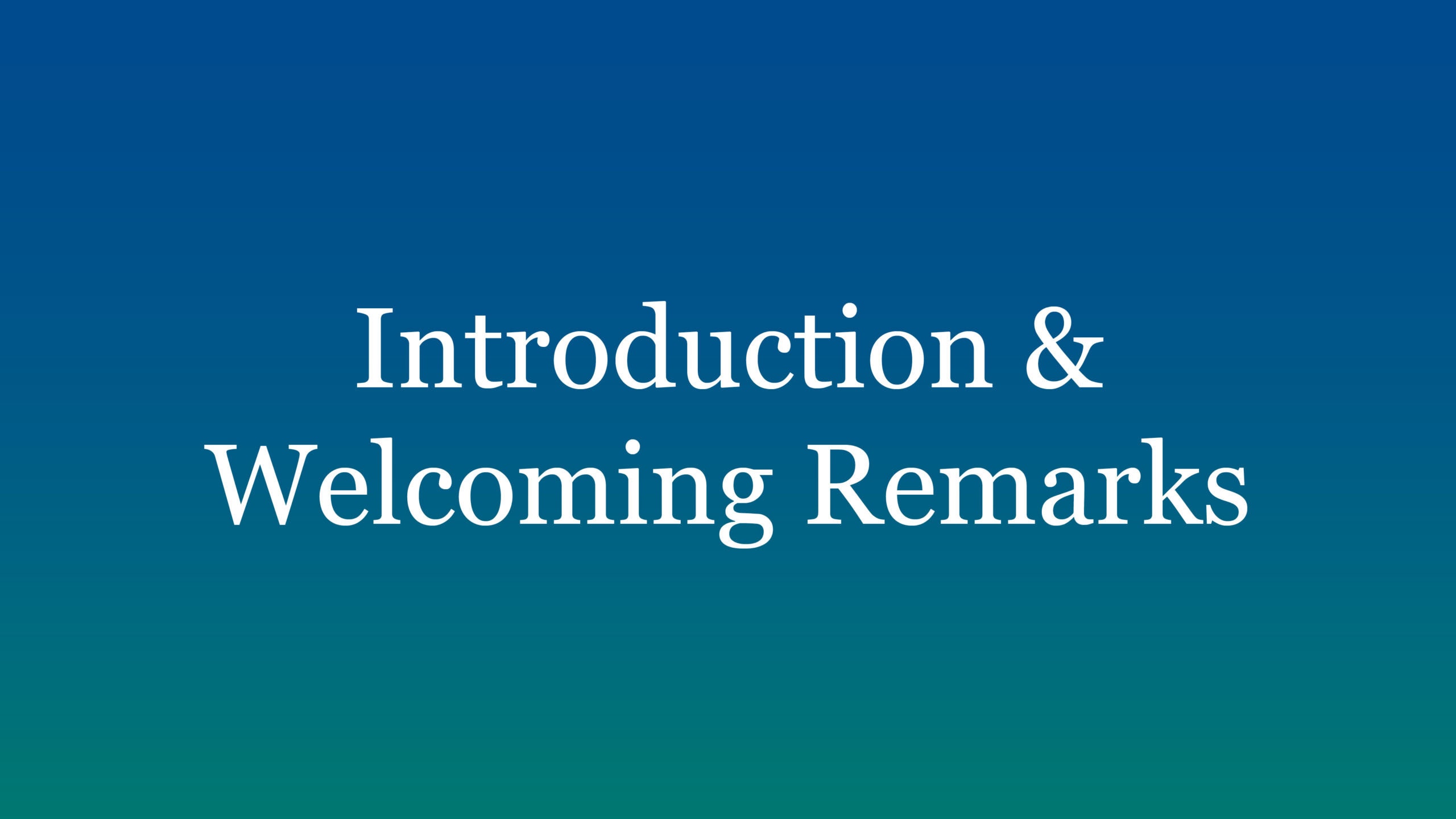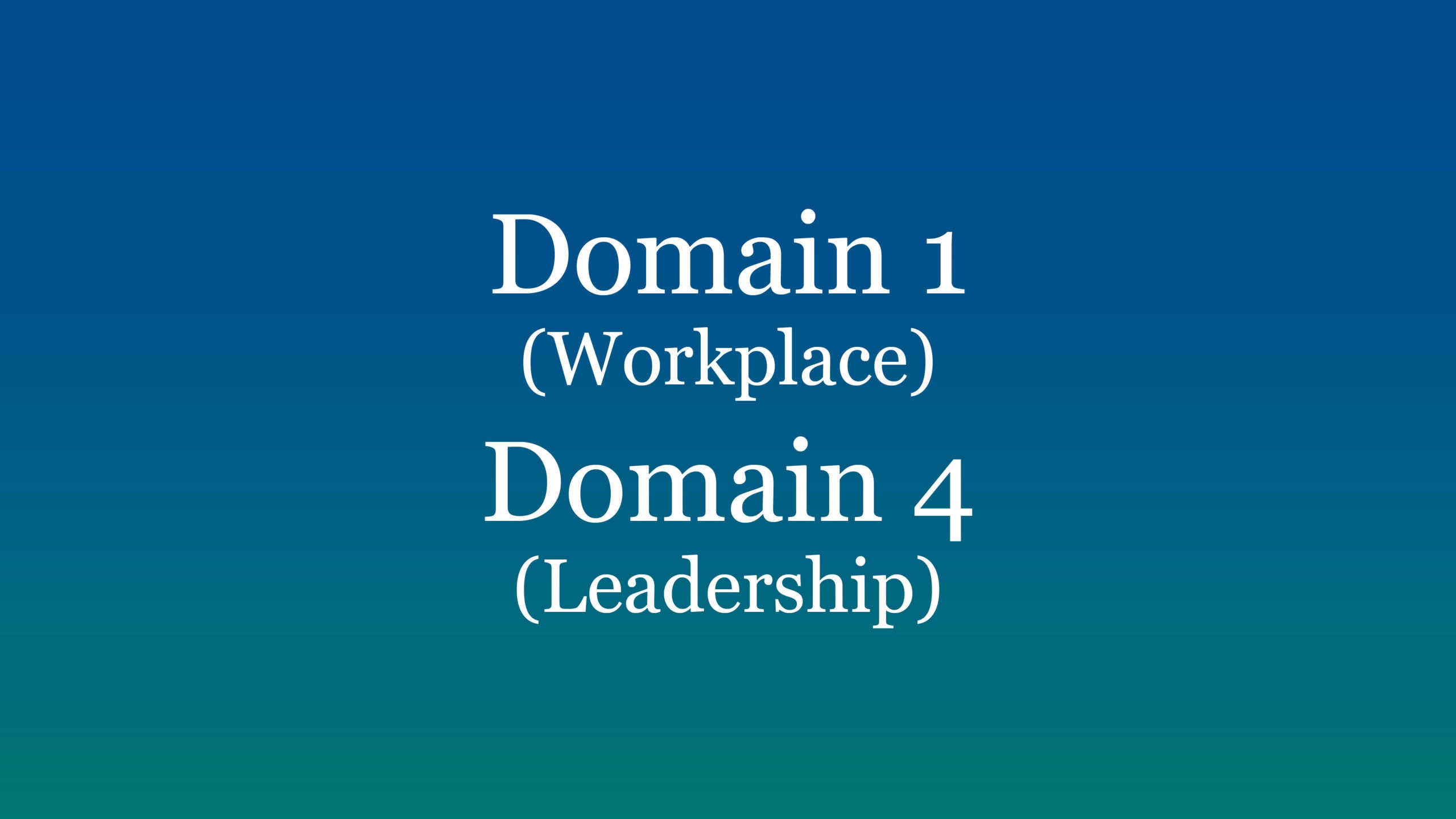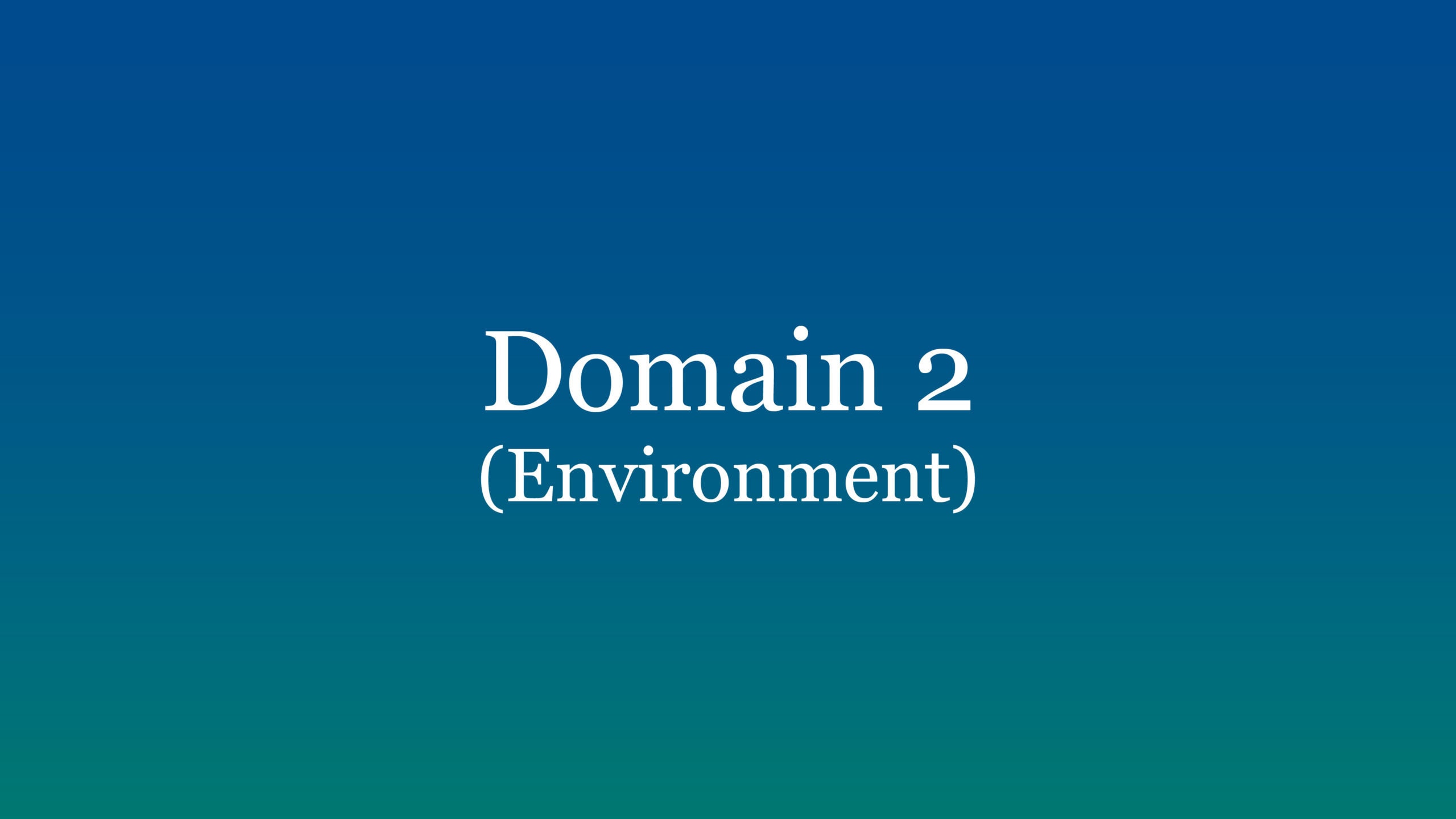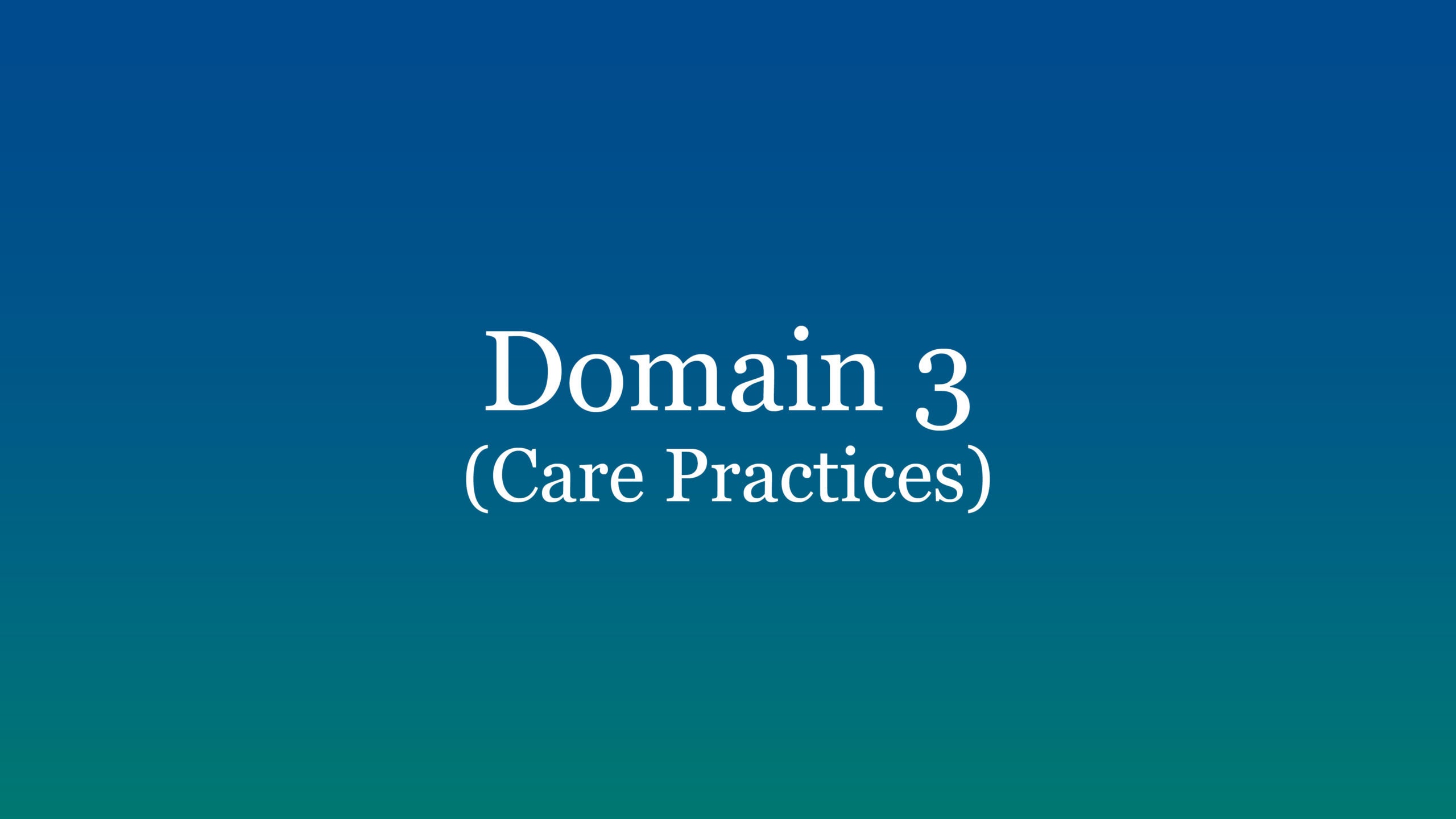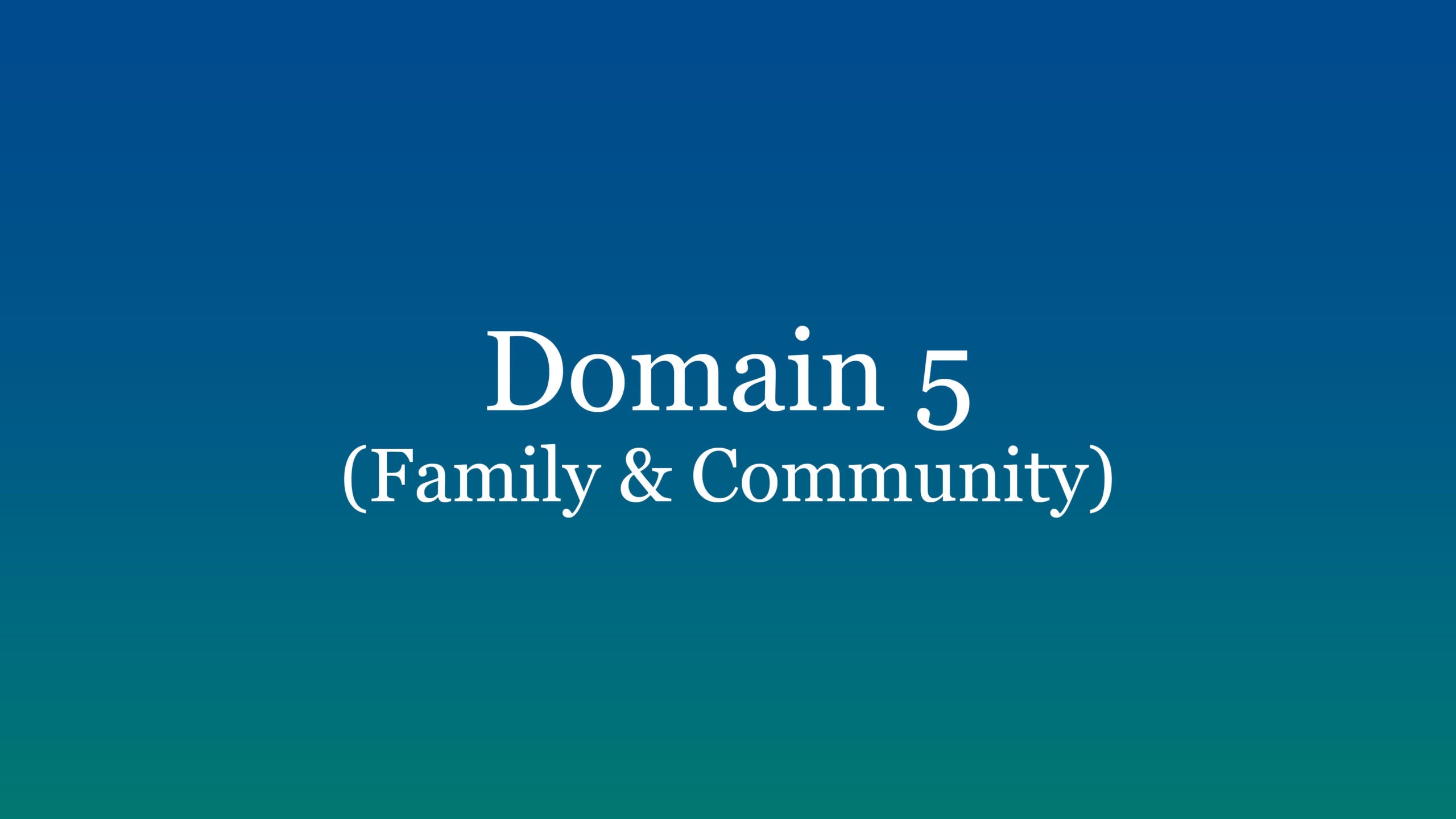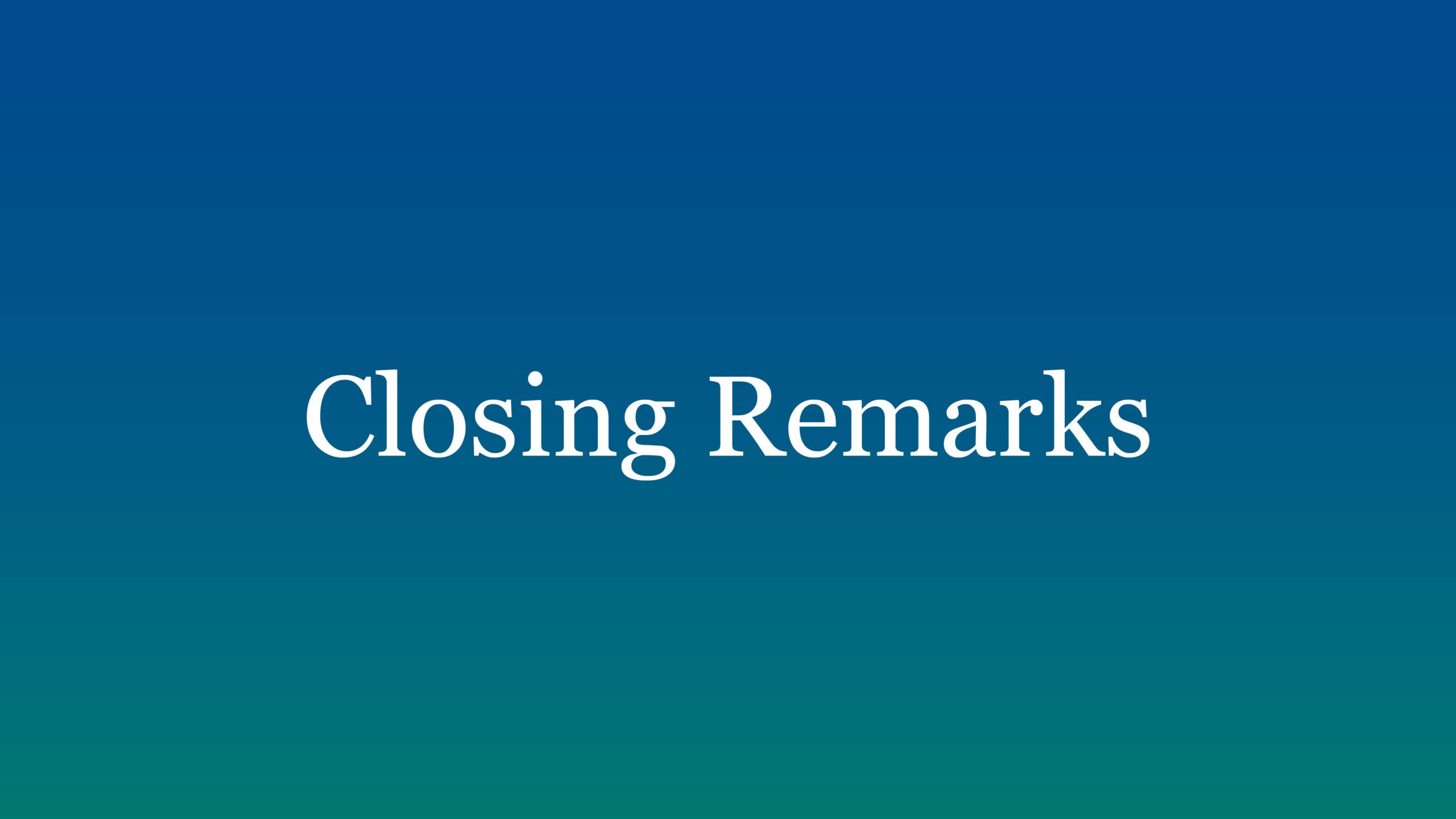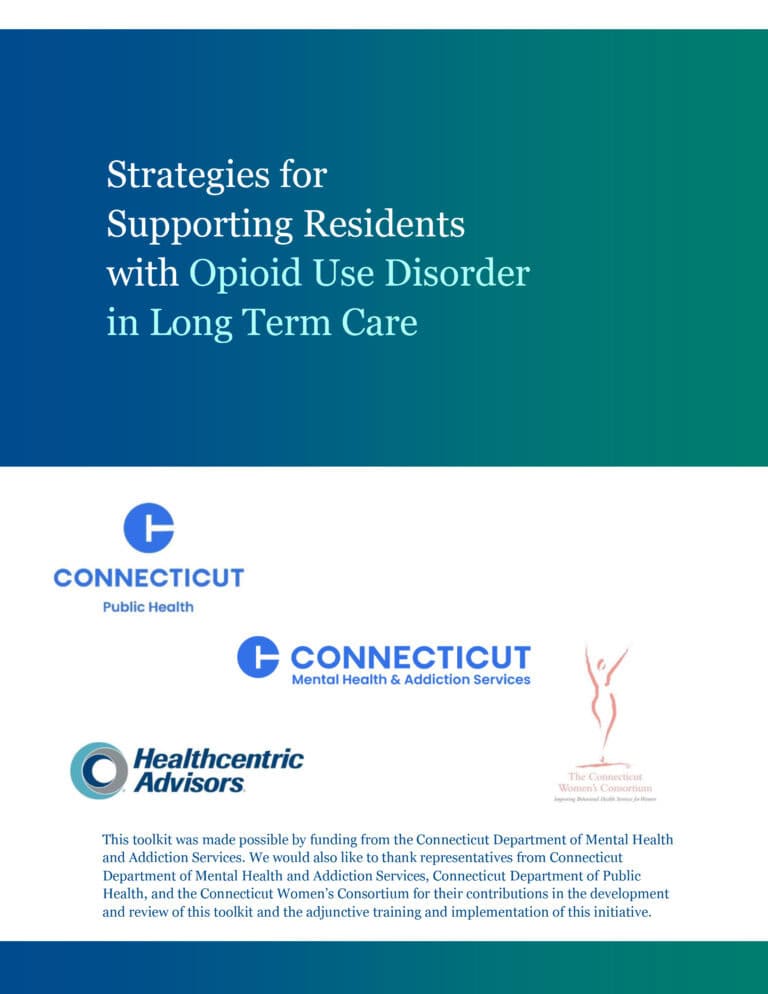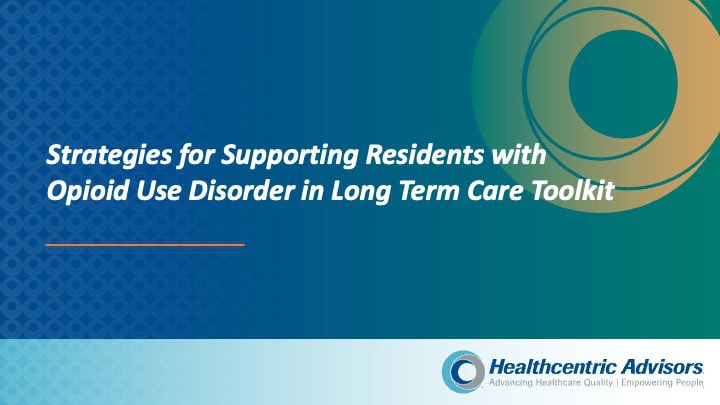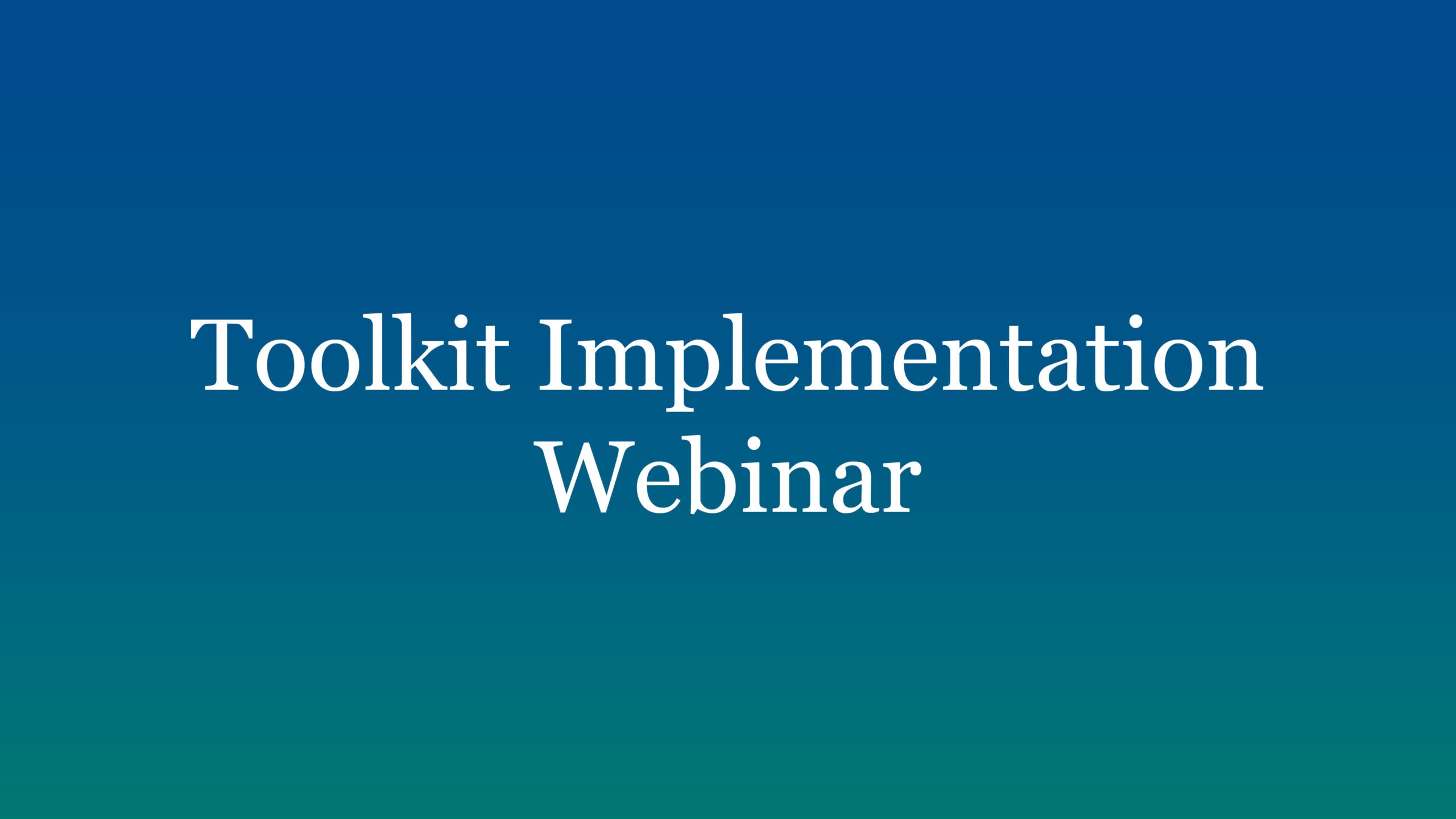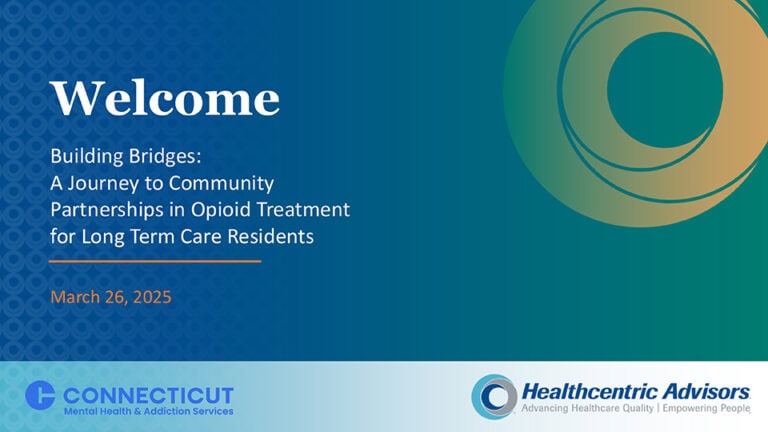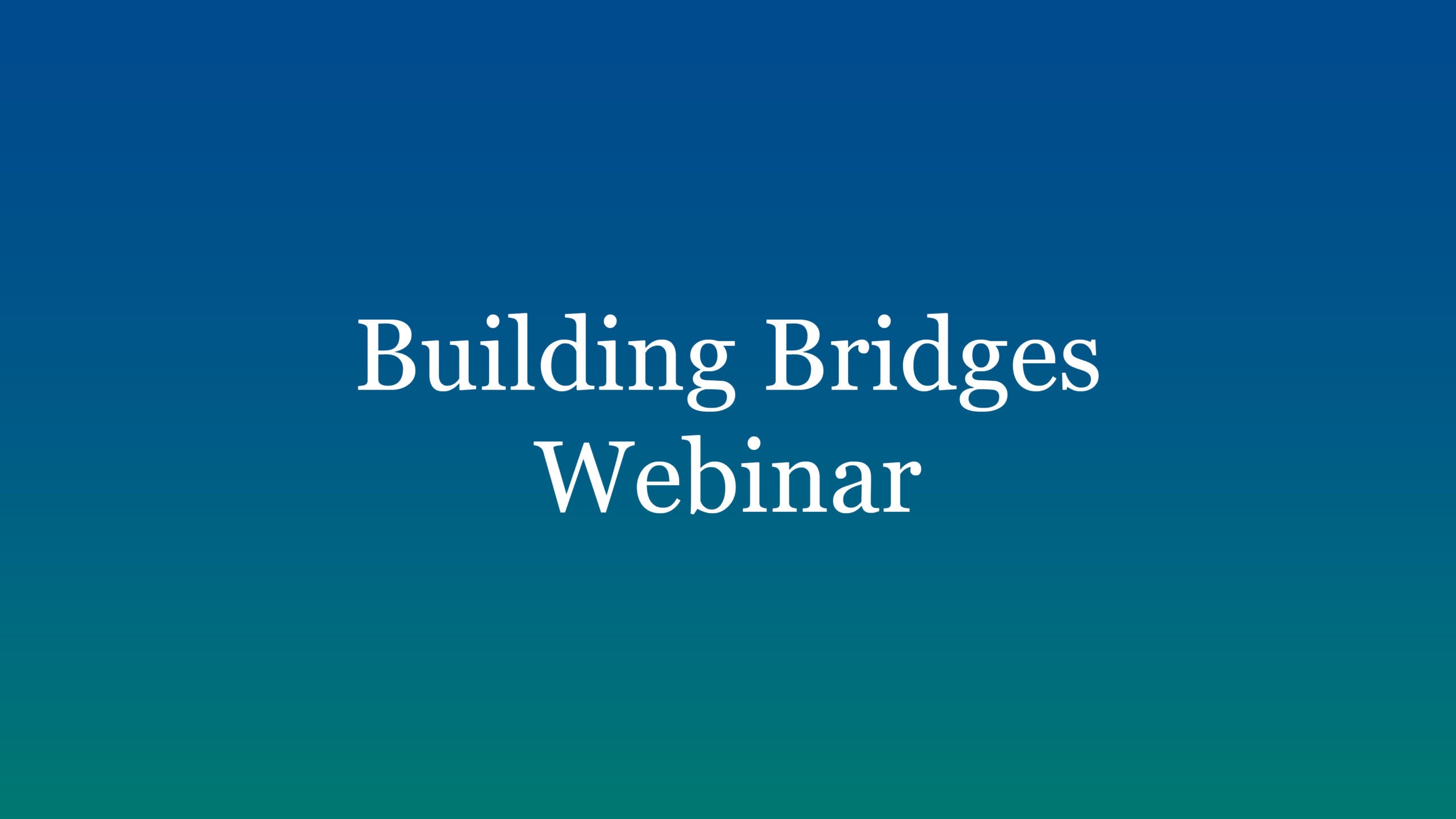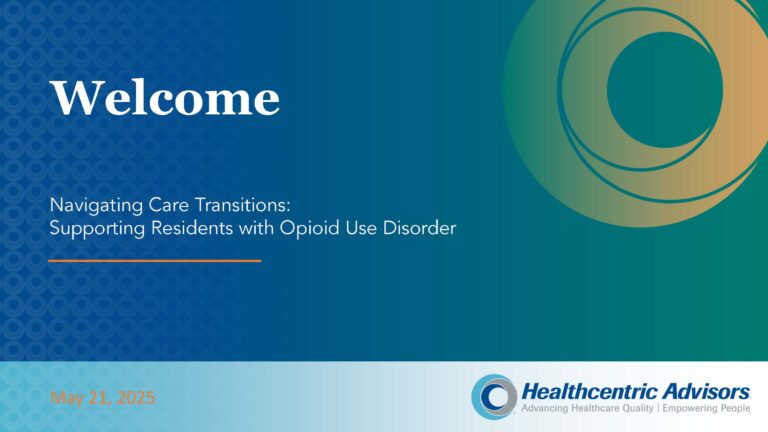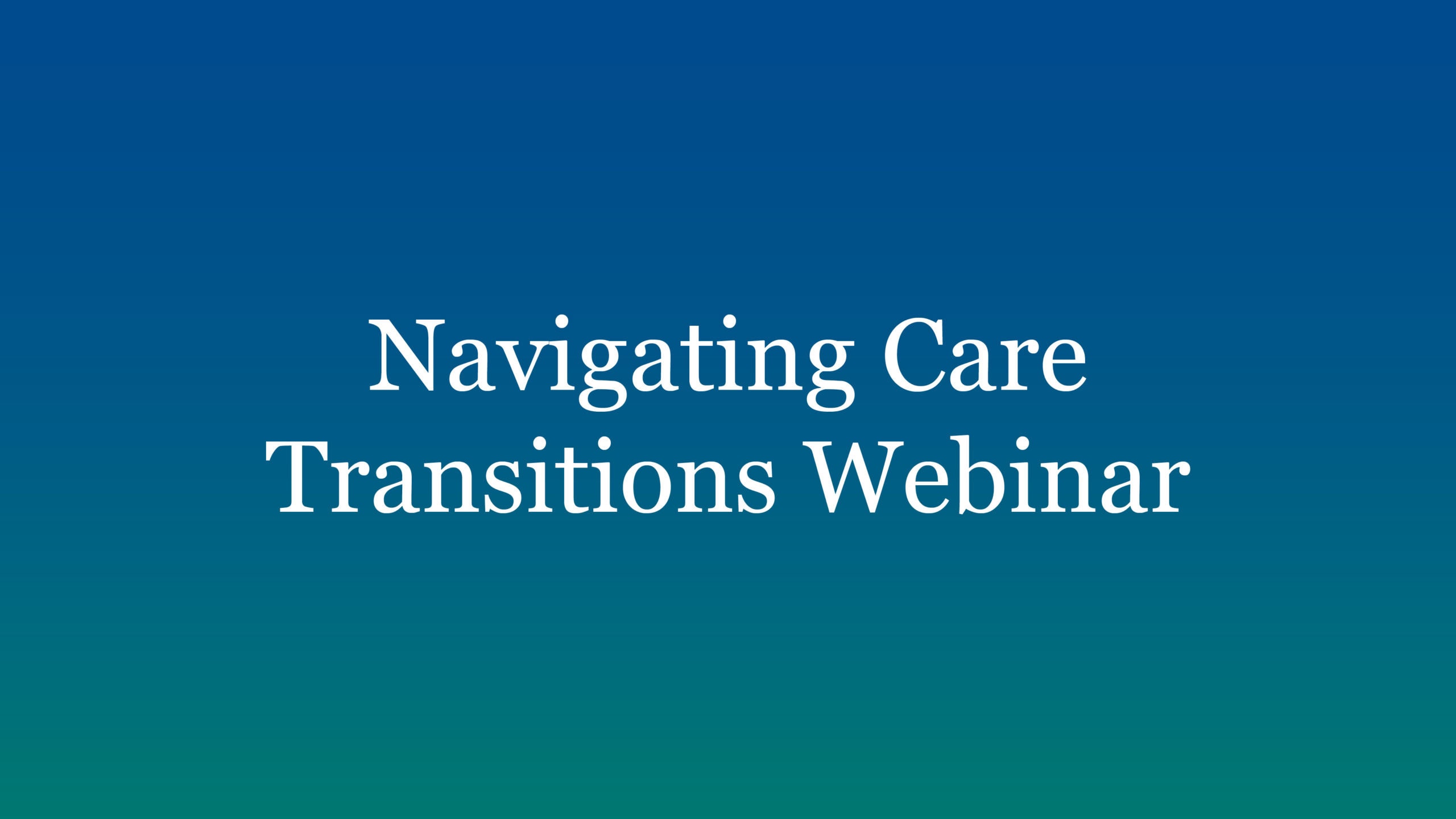

Re-Tool, Realign, Re-Imagine
 Healthcentric Advisors in partnership with CT Department of Mental Health and Addiction Services (DMHAS) and CT Department of Public Health (DPH), combined their experience to develop a comprehensive resource guide for Long Term Care Facilities to begin caring for residents with OUD. The guide, “Strategies for Supporting Residents with Opioid Use Disorder in Long Term Care”, along with the learning management modules will guide CT nursing homes in delivering high quality care to those with an OUD.
Healthcentric Advisors in partnership with CT Department of Mental Health and Addiction Services (DMHAS) and CT Department of Public Health (DPH), combined their experience to develop a comprehensive resource guide for Long Term Care Facilities to begin caring for residents with OUD. The guide, “Strategies for Supporting Residents with Opioid Use Disorder in Long Term Care”, along with the learning management modules will guide CT nursing homes in delivering high quality care to those with an OUD.
Strategies for Supporting Residents with Opioid Use Disorder in Long Term Care was developed to provide insights for those who are caring for people with OUD. The team developing this resource has been working closely with those pioneering organizations who, are caring for this vulnerable population and finding new and improved ways to approach their care. Their stories and unique insights are helping to inform both care practices and policy so that interventions for residents with OUD will be increasingly person-centered and effective.
Here is a snapshot of the domains found in the toolkit:
Enhance the understanding, skills, and inclusive mindset of all staff to provide thoughtful and expert care to individuals with an opioid use disorder (OUD), using a person-centered approach.
Identify several interventions long term care facilities (LTCF) can implement to foster a therapeutic environment that meets diverse needs of the residents to promote wellness.
Assist long term care facilities (LTCF) in implementing person-centered care practices that address the complex needs of residents with opioid use disorder (OUD) to meet their individual health goals.
Model and operationalize an organizational culture that professionally and empathetically responds to the needs of those with an opioid use disorder (OUD) by ensuring safety, and accountability, and advancing the needed skills and attitudes.
Establish meaningful connections involving the resident, their family or family of choice and friends, and the community stakeholders to better support residents with opioid use disorder (OUD).
Domain 6: Stakeholders & Regulatory
Provide practical strategies to help Long Term Care Facilities (LTCFs) navigate state and federal regulations that may present challenges when caring for residents Opioid Use Disorder (OUD).
View our informative webinars below:
Learning Opportunity: Strategies for Supporting Residents with Opioid Use Disorder in Long-Term Care
These modules provide insights for those who are caring for people with OUD in skilled nursing facilities. The team developing this resource has been working closely with pioneering organizations who, are caring for this vulnerable population and finding new and improved ways to approach their care. Their stories and unique insights are helping to inform both care practices and policy so that interventions for residents with OUD will be increasingly person-centered and effective.
Click button below to register:
Toolkit Video Presentations
